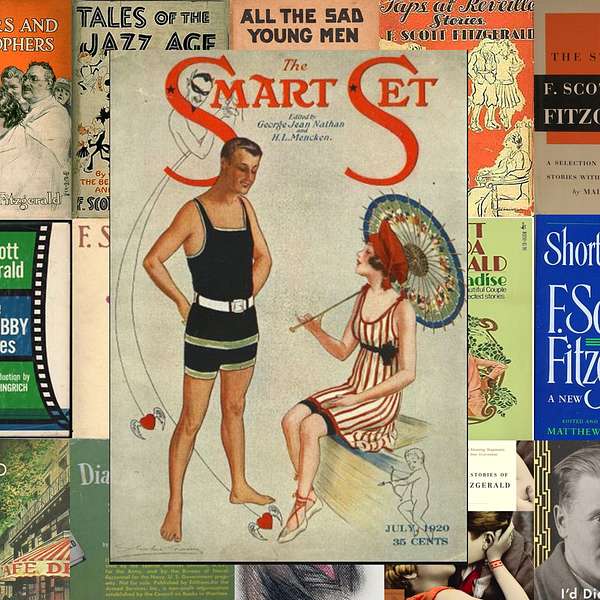
Master the 40: The Stories of F. Scott Fitzgerald
Master the 40: The Stories of F. Scott Fitzgerald
May Day
Most fans agree that "May Day" is among Fitzgerald's all-time greatest stories: certainly Top 10, arguably Top 5, quite possibly No. 2 behind only "Babylon Revisited." Some might even argue that this ambitious "novelette," first published in The Smart Set in July 1920 when its author was all of twenty-three, tops that most-anthologized, most-ubiquitous of Fitzgerald's short fictions. Based on real-life riots that erupted in New York City on May 1, 1919, this panoramic political tale pits four separate duos in intersections of restless violence and spoiled privilege: the dissatisfied debutante Edith Bradin and her brother Henry, the editor of a socialist newspaper; the failed artist Gordon Sterrett and the working-class woman, Jewel Hudson, who bribes him into marriage; the drunken Yale grads Philip Dean and Peter Himmel, who dub themselves Mr. In and Mr. Out as they trash elite restaurants and hotels; and Gus Rose and Carrol Key, two demobilized World War I vets who beat socialists bloody on the street. Critiquing both the proliferating Red-Scare neuroses and consumer opulence that inaugurated the Jazz Age, "May Day" finds Fitzgerald experimenting with naturalism, a style he adopted to curry the favor of The Smart Set's co-editor, H. L. Mencken. We dissect the historical background, examine the literary affinities, and celebrate the political insight and artistic ambition.